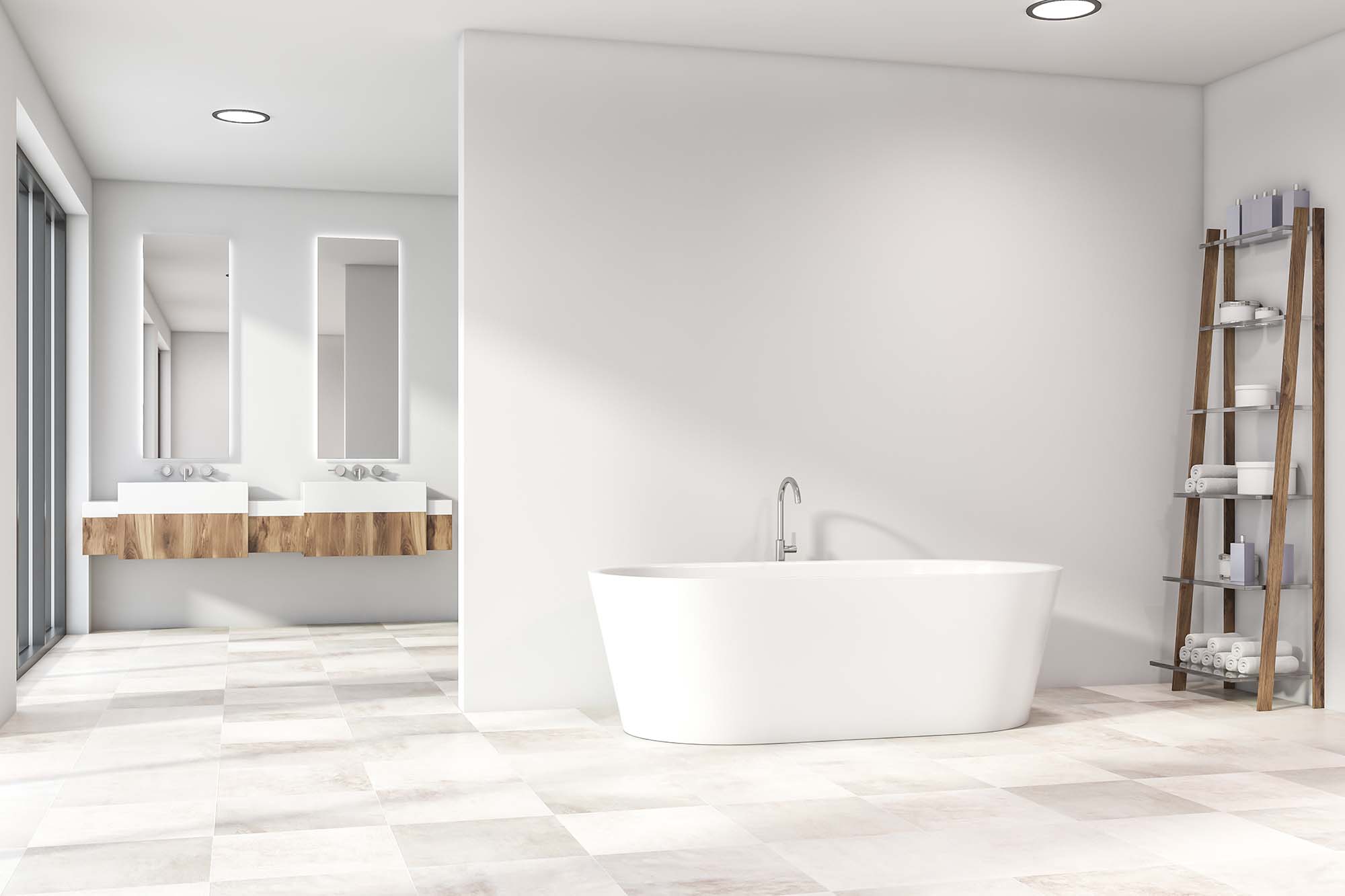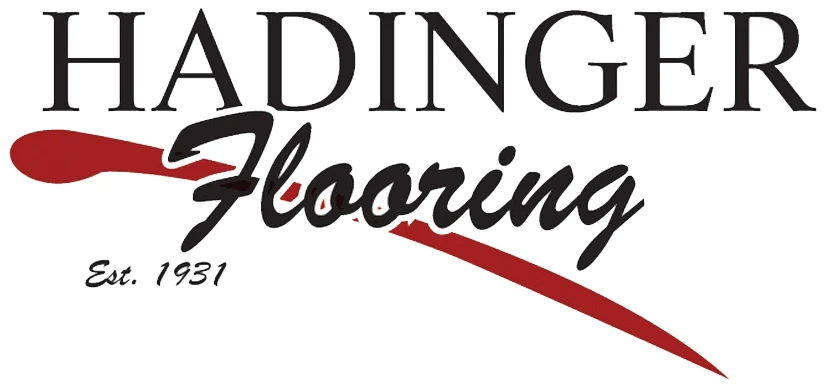Durable Tile Options for High-Traffic Coastal Homes
Living in a coastal home in Southwest Florida offers an unparalleled lifestyle – the sun, the sand, the sea breeze. However, this beautiful environment also presents unique challenges for your home’s flooring. High foot traffic, often accompanied by sand, salt, and moisture, demands flooring solutions that are not only beautiful but exceptionally resilient. For homeowners in Naples, Fort Myers, Cape Coral, Estero, Bonita Springs, Sanibel, North Fort Myers, Fort Myers Beach, Lehigh Acres, and beyond, choosing durable tile options is paramount to ensure your floors can withstand the coastal elements and maintain their aesthetic appeal for years to come. We specialize in helping you select the highest quality and most durable tile to complement your coastal lifestyle.

Why Coastal Homes Demand Durable Tile
Coastal living, while idyllic, introduces specific factors that can accelerate wear and tear on flooring:
- Sand Intrusion: Fine sand tracked in from beaches acts as an abrasive, grinding down softer surfaces.
- Moisture and Humidity: High humidity, potential for spills, and the dampness from swimwear or wet shoes can damage many flooring types.
- Sun Exposure: Intense UV rays can fade colors and degrade materials over time.
- High Traffic: Coastal homes often experience more indoor-outdoor transitions and frequent gatherings, leading to increased foot traffic.
Given these challenges, tile emerges as a leading contender for durable tile options in coastal homes. Its inherent properties of water resistance, scratch resistance, and ease of maintenance make it an ideal choice.
Top Durable Tile Options
When seeking the most durable tile for your high-traffic coastal home, specific materials and types stand out for their superior performance:
1. Porcelain Tile: Durability
Porcelain tile is often considered the gold standard, especially in demanding environments like coastal homes.
- Composition & Firing: Made from finer, denser clay and fired at higher temperatures than ceramic tile, porcelain is incredibly hard and less porous.
- Water Resistance: Its low porosity (water absorption rate of 0.5% or less) makes it virtually impervious to water, preventing issues like swelling, staining, or mold growth, which is critical in humid coastal areas.
- Scratch & Dent Resistance: The extreme hardness of porcelain makes it highly resistant to scratches from sand, pet claws, and dings from dropped objects, ensuring your tile floors maintains its pristine look.
- Stain Resistance: Its non-porous nature also means it’s highly resistant to stains, making cleanup of spills a breeze.
- Versatility: Porcelain tile comes in an endless array of designs, including incredibly realistic wood-look planks, stone looks, and abstract patterns, perfectly blending coastal aesthetics.
2. Ceramic Tile: Versatile & Resilient
While not as dense as porcelain, high-quality ceramic tile remains a strong contender for tile floor products in many areas of a coastal home.
- Composition: Made from natural clay, sand, and other materials, then fired at high temperatures.
- Good Durability: Ceramic tile is highly resistant to wear and tear, especially glazed varieties, which have a protective top layer.
- Water Resistance (Glazed): Glazed ceramic tile offers good water resistance, making it suitable for most rooms, though porcelain might be preferred for very wet areas like showers or mudrooms directly off the beach.
- Ease of Maintenance: Like porcelain, ceramic tile is very easy to clean and maintain, crucial for keeping sand and salt residue at bay.
- Affordability & Design: Ceramic offers a vast selection of colors, patterns, and sizes, often at a more accessible price point than porcelain, providing flexible for various budgets.
3. Quarry Tile: Rustic & Robust
Quarry tile is a less common but incredibly option, especially for spaces where a rustic, earthy aesthetic is desired.
- Composition: Made from unglazed clay, shale, or feldspar, similar to brick.
- Exceptional Hardness: It is extremely hard and resistant to impacts, making it suitable for very high-traffic areas, including outdoor covered spaces or entryways.
- Natural Slip Resistance: Often unglazed, quarry tile can offer a natural, somewhat textured surface that provides good slip resistance, a beneficial trait in humid coastal environments.
- Low Maintenance: Though unglazed, its dense composition makes it relatively easy to clean and very resistant to wear. Sealing is often recommended to improve stain resistance.
4. Natural Stone Tile (with proper sealing)
While not as inherently impermeable as porcelain, certain natural stone tiles can be incredibly durable when properly selected and maintained.
- Types: Granite and slate are among the most durable natural stone choices. Marble and travertine, while beautiful, are softer and more porous, requiring more diligent care and sealing.
- Unique Aesthetics: Natural stone offers unparalleled beauty and unique variations that cannot be replicated.
- Longevity: With proper care, stone floors can last for centuries.
- Maintenance: Requires regular sealing (often annually) to maintain water and stain resistance. Granite is very dense and requires less frequent sealing than more porous stones like marble.
- Ideal Use: Best for living areas, dining rooms, and bedrooms in coastal homes where the elegant aesthetic is desired, provided a robust tile maintenance plan is in place.
Key Considerations When Choosing Durable Tile for Coastal Homes
1. PEI Rating: Understanding Wear Resistance
The Porcelain Enamel Institute (PEI) rating indicates a tile’s resistance to abrasion and wear.
- PEI I & II: Light residential traffic, suitable for walls or very low-traffic bathrooms.
- PEI III: Moderate residential traffic, suitable for most general residential use.
- PEI IV: Heavy residential and light commercial traffic. Highly recommended for high-traffic coastal homes.
- PEI V: Heavy commercial and institutional traffic. The most tile flooring available.
2. Coefficient of Friction (COF): For Slip Resistance
In coastal homes, where wet feet and potential for dampness are common, choosing tile with a higher COF is crucial for safety. Look for tiles with a higher COF rating for areas like bathrooms, mudrooms, and entryways. Many porcelain and unglazed ceramic tiles offer good natural slip resistance.
3. Grout Selection: A Critical Component
Grout is the mortar between your tiles and can significantly impact the overall durability and appearance, especially in a sandy environment.
- Epoxy Grout: Highly recommended for coastal homes. It is exceptionally durable, resistant to stains, chemicals, mold, and mildew, and completely waterproof. It won’t absorb moisture or pigments from sand/dirt.
- Cement-Based Grout (Sealed): Traditional cement-based grouts are porous and must be sealed regularly (annually or biennially) to prevent staining and moisture absorption.
4. Installation Quality
Even the most durable tile will fail if not installed correctly. Proper subfloor preparation, the right adhesive, and expert installation are paramount to ensuring the longevity and stability of your tiled floor, especially in a high-humidity environment. At Hadinger Flooring, our experienced tile installation specialists ensure every selection looks beautiful and performs flawlessly.
5. Light Colors & Textures
While not directly about durability, choosing lighter-colored tiles or those with subtle textures can help disguise tracked-in sand between cleanings, making your home appear cleaner even between sweeps.
Durable Coastal Flooring
For your high-traffic coastal home in Southwest Florida, investing in tile products is not just a preference, but a necessity. Porcelain, high-quality ceramic, and appropriately sealed natural stone are excellent choices that combine beauty with the resilience needed to withstand the unique challenges of a beachside lifestyle. By focusing on PEI ratings, COF, grout type, and professional installation, you can ensure your floors remain stunning and perform flawlessly for years to come.
At Hadinger Flooring, located in Ft. Myers, FL, we pride ourselves on helping homeowners in Naples, Fort Myers, Cape Coral, Estero, Bonita Springs, Sanibel, North Fort Myers, Fort Myers Beach, Lehigh Acres, and more. Our showroom has a combined space of 40,000 sq/ft, offering an unparalleled selection of the most durable tile from trusted brands in the industry. With our old-fashioned family service backed with honesty and integrity, we want to ensure that you’re getting the highest quality flooring that truly stands the test of time in your beautiful coastal home.
Call or visit Hadinger Flooring showroom in Ft. Myers, FL! Browse flooring from some of the most trusted brands in the industry.
Contact us Today!
